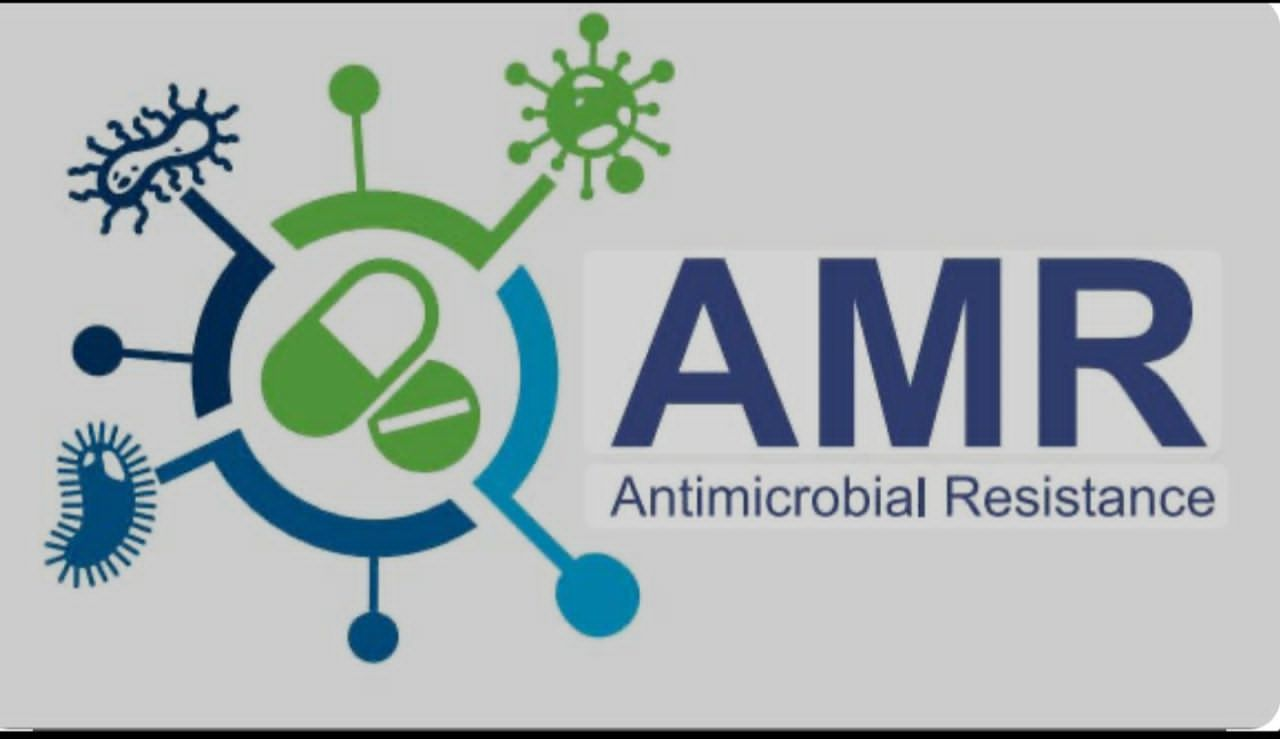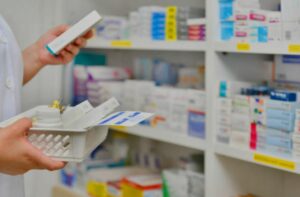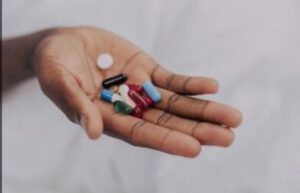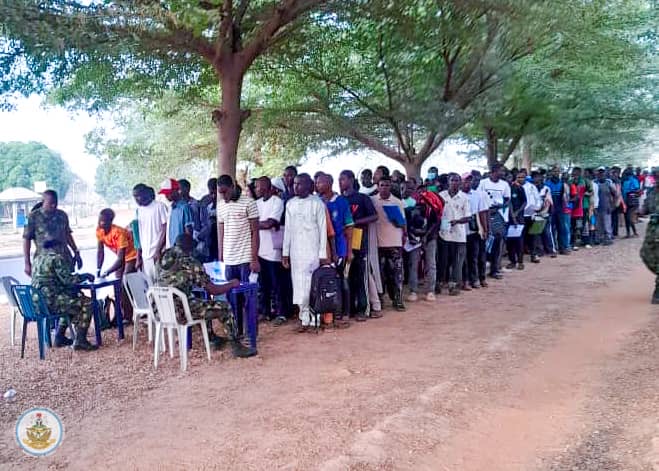National News
Medical experts warn against self-medication

Health experts have cautioned against the misuse of antimicrobial drugs, particularly through self-medication, warning that it exacerbates antimicrobial resistance (AMR).
Speaking at a training workshop organised by Management Sciences for Health (MSH) in Lagos, President of the Guild of Medical Laboratory Directors (GMLD) Nigeria, Dr Samuel Fele, revealed that 66.8 per cent of Nigerians had used antibiotics in the past six months, with 31.3 per cent obtaining them without a prescription.
Dr Fele identified key drivers of AMR, including antibiotic misuse, poor surveillance, and weak regulatory enforcement.
“AMR is a significant global health threat, and Nigeria is among the worst-affected countries, with high mortality rates linked to drug-resistant infections,” he warned.
Addressing concerns over the increasing public health threat, particularly in animals, the Director of the National Veterinary Research Institute (NVRI) in Plateau State, Dr Sati Ngulukun, described AMR as a “silent pandemic.” He expressed concern over the widespread use of antimicrobials in livestock farming.
Ngulukun noted that many poultry farmers routinely administer antibiotics to chicks from day one to prevent disease. “Instead of unnecessary antibiotic use, farmers should prioritise strict biosecurity measures,” he advised.
“It is alarming how antimicrobials are used indiscriminately. Some farmers put chicks on antibiotics until they reach the market. With antimicrobials readily available in open markets, people simply purchase them without prescriptions,” he added.
According to him, the government has adopted the One Health approach to promote the responsible use of antimicrobial drugs and support evidence-based policymaking to protect public health.

However, he highlighted challenges in AMR surveillance, including weak regulatory enforcement, limited public awareness, inadequate laboratory infrastructure, insufficiently trained personnel, and budgetary constraints.
Dr Ngulukun also noted that Nigeria has developed two national action plans to curb AMR by ensuring the responsible use of antimicrobials and improving access to quality-assured medicines and diagnostics.
Dr Mary Alex-Wele, Senior Lecturer and Head of Medical Microbiology and Parasitology at the University of Port Harcourt Teaching Hospital, warned that AMR could lead to treatment failures, increased mortality, and longer hospital stays.

“If unchecked, AMR could cost the global economy $100 trillion, with a projected 3.8 per cent decline in Gross Domestic Product (GDP) and a similar reduction in livestock numbers by 2050,” she stated.
Dr Alex-Wele emphasised the need for stronger policies, increased research funding, and greater advocacy to combat the growing threat of AMR.
Ifeoma Nwovu
-

 News1 day ago
News1 day agoTAF Global delivers 1,000 affordable homes, wins big after Africa Housing Award
-

 NUJ FCT2 days ago
NUJ FCT2 days agoNUJ FCT 2025 carol hails Journalists for truth, peace, development
-

 News2 days ago
News2 days agoHousing sector: HDAN vows Zero Tolerance for Scammers, pledges vigilant oversight for professional excellence
-

 News2 days ago
News2 days agoAfrica faces 130m housing deficit by 2030, $1.4trn in finance gap, minister warns
-

 News1 day ago
News1 day agoMOFI CEO Takang wins Housing Finance Personality of the Year 2025
-

 World News2 days ago
World News2 days agoNamibia to tackle 88% urban informal settlements — Sankwasa
-

 News15 hours ago
News15 hours ago$5m School Fees: Dangote challenges NMDPRA boss to clear his name
-

 News1 day ago
News1 day agoTranscorp Hilton Abuja ushers in the Holiday Season with a spectacular Christmas Tree lighting ceremony, exclusive festive packages





















